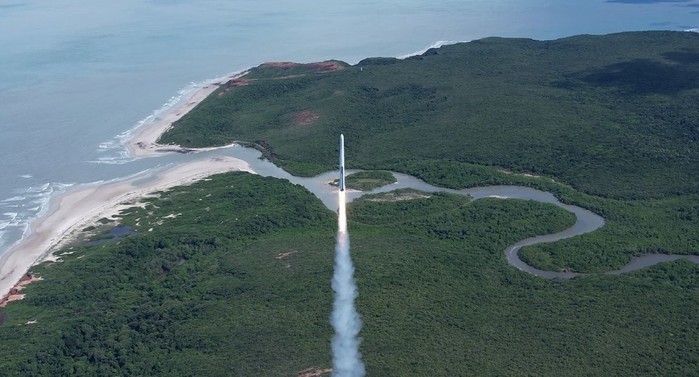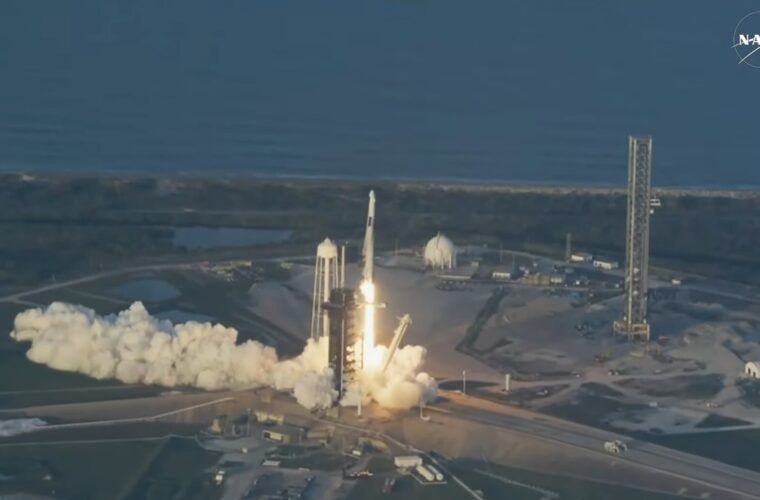Mankind’s interest in exploring and studying outer space has existed for many decades. With reports of new technologies and findings for space expeditions from both governmental and private companies published almost every day, it seems like we are entering a new chapter of the Space Age – reduced launch costs and more entities joining the competition.
Without governments’ support, actors in the space tech industry are now planning their businesses to commercialise the great, endless darkness with their capital and technologies. These actors include start-ups that led the industry with visionary ideas, like SpaceX and Blue Origin.
In recent months, some Korean start-ups also emerged to jump into the war of building space-related technologies. 4i Magazine introduces several companies based in South Korea that came into the limelight with their proposals for the new era of space expeditions.
History of Space Tech in South Korea
The beginning of space tech start-ups in South Korea can be traced back to 20 years ago. Developers of the first-ever satellite Wooribyeol made the commercial satellite builder “Satrec Initiative” in December 1999. The company is still the only company that sells fully constructed, small satellites in the country. Intellian Technologies, a satellite antenna and terminal developer founded in 2004, followed the lead.
While space tech includes a range of categories, from launchers to ground segments to satellites, many Korean companies specialise in making projectiles. While the space tech industry relied on the government’s financial support in the beginning, a vast majority of the companies growing in the recent decade seem to run their businesses on their capital. For example, 75 out of 94 space launcher companies and 58 out of 96 satellite companies in Korea are privately owned as of 2022. In 2019, the number of people working with launcher companies was about 700, increased by more than 130 people compared to the previous year.
Key Space Tech Korean Start-Ups
One of the fastest-growing space tech start-ups is Innospace, a space launcher builder founded in 2017.
In April 2023, the company successfully launched HANBIT-TLV, an 8.4-tonne thrust single-stage hybrid rocket, from the Alcantara Space Center in northern Brazil, according to the reports. With its well-functioning engine and sustained power during the flight, the rocket became the first-ever small satellite launcher made by a privately-owned company in the country.
Innospace explained that the launch was carried out to test the rocket’s hybrid engine that will be used for HANBIT-Nano, a satellite launcher that can carry up to 50 kilograms. In the press release from the company, Innospace CEO Kim Soo-jong said that it will provide satellite commercial launch services.
Perigee Aerospace, a start-up that builds small rockets founded by a college student, is nicknamed the “SpaceX of South Korea” in reports. The company is preparing to launch its rocket Blue Whale (BW-1), whose engine uses methane-based liquid fuel, by the end of this year and complete its development by 2024.


Some companies also build ground systems for intercommunication with space, controlling satellites, taking, and sending signals. Contec, founded in January 2015, is a leading start-up that provides ground system service. The company’s system covers a wide range of solutions, from signal receipt to satellite video management, and the data it receives from satellites is transferred to responsible organisations and businesses. The start-up currently has 13 systems installed worldwide, including Seoul, Alaska (United States), and Australia.
The market size of satellites is not small in the country, either. According to the Korea Association for Space Technology Promotion, over 80 per cent of the sales in the space tech industry is generated from satellite equipment or related services, with over 2.6 trillion won ($US 1.9 billion). One of the start-ups that stand out in the market is NARA SPACE, a nanosatellite builder making systems and compartments for small-sized satellites and providing platforms to use satellite data.
“Mars by 2045”
Marking the 100th anniversary of its independence, South Korea plans to launch a “homemade” rocket to Mars by 2045. To step the country up as the Space Power, the country gives the following roadmap: travel to Moon and Mars; leap to become a space technology powerhouse; foster space businesses; develop more human resources for the industry; and lead the international cooperation for the space industry.
Reportedly, the government will make an “Aerospace Department” within the body and introduce a “Space Parent Fund” to provide more investment into space start-ups. Experts expect more than 100 billion won will be put into space start-ups by 2027.



